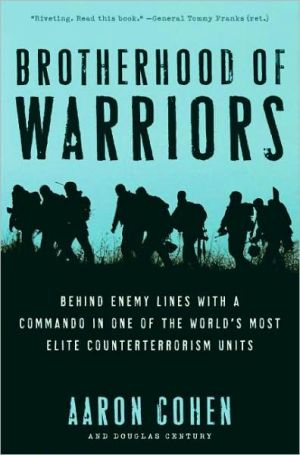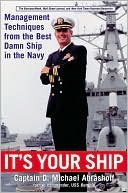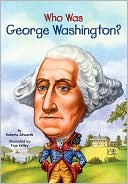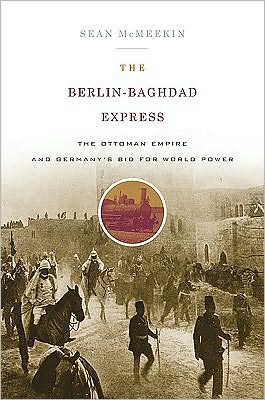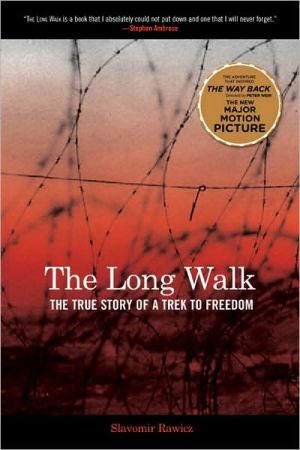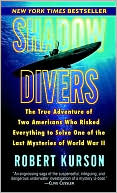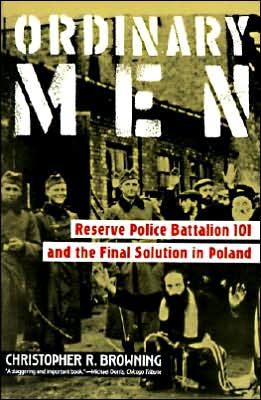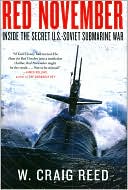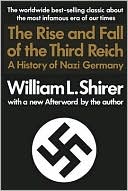Brotherhood of Warriors: Behind Enemy Lines with a Commando in One of the World's Most Elite Counterterrorism Units
At the age of eighteen, Aaron Cohen left Beverly Hills to prove himself in the crucible of the armed forces. He was determined to be a part of Israel's most elite security cadre, akin to the American Green Berets and Navy SEALs. After fifteen months of grueling training designed to break down each individual man and to rebuild him as a warrior, Cohen was offered the only post a non-Israeli can hold in the special forces. In 1996 he joined a top-secret, highly controversial unit that...
Search in google:
Combining the behind-enemy-lines suspense of Black Hawk Down with the first-person intensity of Jarhead, this is the heart-pounding story of a young American who became one of the most elite counterterrorism commandos in the world. Washington Jewish Week “The book gives an unvarnished account of life in an elite Israeli counterterrorism unit—a side of life with which few Israelis and almost no foreigners are familiar.”
Brotherhood of Warriors\ Behind Enemy Lines with a Commando in One of the World's Most Elite Counterterrorism Units \ Chapter One\ It began almost immediately after 9/11. My office in Beverly Hills was deluged with calls. Everyone, it seemed, from cable news producers to U.S. government officials, wanted the inside scoop on Israeli security methods. Could Israel's counterterrorism experts have prevented the hijackings? How do they profile potential suicide bombers? Train counterterrorist operatives? Rescue hostages?\ On September 11, I was up before dawn—old military habits being impossible to break—and watched the attacks unfolding live on TV. My God, I said to myself. It's finally happening here. It had just been a matter of time before America was dragged into the jihad that Israel has been fighting for decades. One of the reasons that I returned to Los Angeles in 2000, after completing my three-year ser vice in the Israel Defense Forces, was to pass on the cutting-edge counterterrorism techniques and sophisticated training I'd acquired as a counterterrorist commando in Israel. I knew that the United States was far too vulnerable to Islamic terrorist attacks and hoped I could do my part to sound the alarm before it was too late.\ Ironically enough, though I've long considered Los Angeles my home, I wasn't even born in the United States, but in Montreal, Quebec, on February 28, 1976. My parents were part of the large English-speaking Jewish community that was soon to disperse to Toronto and other Canadian cities with the election of the Parti Québécois, which vowed to pursue "sovereignty" and separationfrom anglophone Canada.\ My parents separated when I was small. I was constantly moving, never living in the same house for more than two years at a time. I spent the first decade of my life bouncing between homes in Montreal, Miami, and Los Angeles.\ My mother's family was prominent in the Montreal Jewish community, my maternal grandfather having built up his trucking business into one of the largest in Canada. By the time my parents separated, my mother had developed a desire to leave Canada behind and pursue a career in the entertainment industry. In fact, she had already begun a fledgling career as a screenwriter and producer while still in Montreal. But she wanted a shot at the big league—success American style—and decided to relocate us to south Florida, where I had an aunt and uncle. My mother brought my sister and me down there temporarily, establishing a U.S. residency, until the divorce from my father was final. We lived together in Miami until I was about eight, at which point my mother decided to move again, this time to Beverly Hills. She told me offhandedly one day as she was dropping me off at elementary school that she simply couldn't take me with her to California. I would be staying behind to live alone with my aunt in south Florida. She needed to get her own life settled and would be taking my sister. Of course, I felt abandoned, but I did my best not to show any sense of hurt or frustration. I lived with my aunt and went to school on my own for the next year and pretty much stayed out of trouble.\ Slowly, my mother's show-business career was taking off; by working hard and networking constantly, my mother was actually getting TV writing and producing gigs in Hollywood. It was while working on a film project in the late 1980s that she met the man with whom she would fall in love: Abby Mann, an older writer and producer who had won the 1961 Academy Award for Best Adapted Screenplay for the classic Judgment at Nuremberg. When they married in a small, private ceremony in L.A., he became my stepfather, taking my sister and me into his Beverly Hills home and raising us as his own children.\ Los Angeles came as a shock. I'd seen the lavish lifestyle in movies and TV shows, but nothing could prepare me for the reality. Suddenly, my sister and I were walking into my stepfather's world, where brushing up against the biggest stars in the business was as commonplace as waving hello to the mailman. That first week in Beverly Hills, for example, Tony Bennett came over to the house; I spent an hour with his chauffeur riding around in our huge semicircular driveway in the first stretch limousine I'd ever set foot inside. Over the years, Frank Sinatra—and his various wives—would drop in for coffee and a chat. So would what was left of the Rat Pack: Dean Martin, Sammy Davis Jr., and old-time musicians like Buddy Rich. I quickly got a crash course in celebrity, learning that you had to put on an air of nonchalance, never seeming starstruck, even when you saw people like Warren Beatty, Steven Spielberg, Nicole Kidman, or Tom Cruise sitting in your living room talking over a script with your stepfather.\ The money, especially the spending habits of the kids my age, was another matter entirely. I don't care how upper-middle-class you are by the standards of most places, the affluence of Beverly Hills is off the scale. Suddenly, I was surrounded by millionaires' kids, eight-year-olds growing up in palm-shaded palaces in the hills with Rolls-Royces in the driveway.\ Life in Los Angeles wasn't such a big shock for my mother—her career was blossoming now, and she was making a name for herself as a film and television writer-producer. But to a kid my age, the adjustment was difficult, to say the least. It wasn't long before I started acting out in school—constantly being put on detention or called down to the principal's office for disrupting the class—and my mother acknowledged that the solution might be a more structured and traditional home environment. So while my sister stayed in Beverly Hills, I moved back in with my aunt's family in south Florida from ages eleven to twelve.\ A year later, when the garage at their house in Beverly Hills was converted into a bedroom for me, I returned to Los Angeles, transferring to my fourth . . .\ Brotherhood of Warriors\ Behind Enemy Lines with a Commando in One of the World's Most Elite Counterterrorism Units. Copyright © by Aaron Cohen. Reprinted by permission of HarperCollins Publishers, Inc. All rights reserved. Available now wherever books are sold.
\ Washington Jewish Week“The book gives an unvarnished account of life in an elite Israeli counterterrorism unit—a side of life with which few Israelis and almost no foreigners are familiar.”\ \ \ \ \ Kirkus ReviewsCanadian-born and California-raised Cohen describes his work with the Israeli group Sayeret Duvdevan in this you-are-there debut memoir. The author went on his first mission as a member of this elite counterterrorism unit in March 1996. The investigation of an explosion at Tel Aviv's Dizengoff Mall was the first of many bloody crime scenes ("battlefield scenes," he calls them) Cohen had to deal with, but that was the life he chose when he moved to Israel to protect his people. He brings us into the shadowy world of Sayeret Duvdevan, offering details of his missions and his training, throwing in some contemporary and historical context, introducing us to his comrades-in-arms and delivering numerous gory anecdotes. At times Cohen comes off as stridently militant. "I recognize that what I've written here may sound unduly harsh, pro-militaristic, even anti-Arab in places," he writes in an epilogue, "but I am writing this not as a propagandist but as a pragmatist." This acknowledgement doesn't make his attitude any less jarring, though it's obviously hard to be objective in such violently graphic descriptions: slipping in a pool of blood at the scene of a suicide bombing, looking at a soldier who's had one leg blown off and will probably bleed to death before medical help arrives. Cohen's book contains an inherent contradiction. He paints himself as a lover of his God, his family and his country, an idealist who wants to do the right thing, but he displays throughout a streak of fanaticism that is clearly a prerequisite for membership in the Sayeret Duvdevan. Readers in less-extreme circumstances may find his attitude difficult to appreciate. Relentlessly bleak and extremely depressing. Agent:Richard Abate/ICM\ \ \ From the Publisher"Drummond's performance is congruent with the story.... He especially shines when performing the many conversations as he ably brings out the appropriate emotions." —-AudioFile\ \
